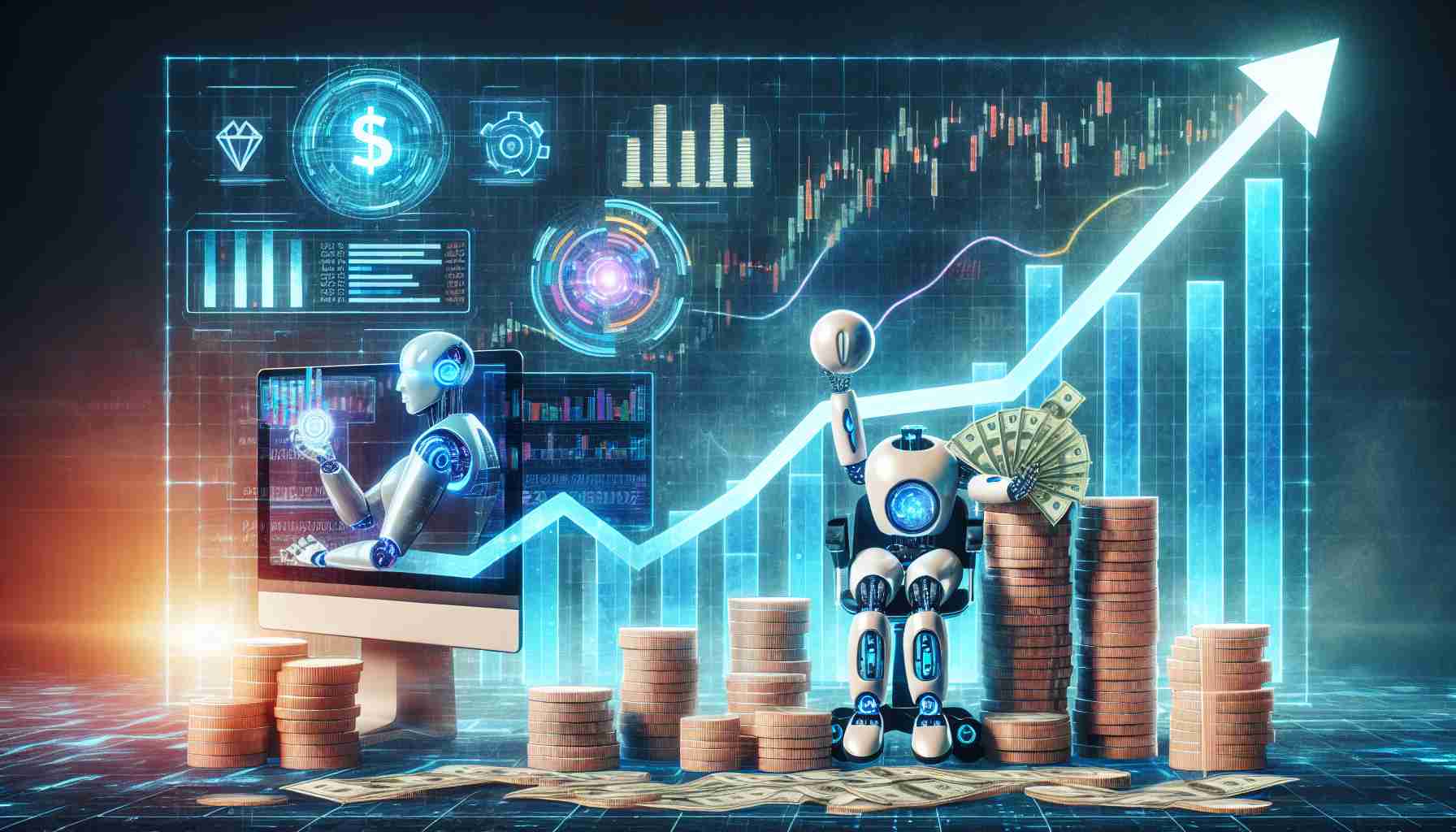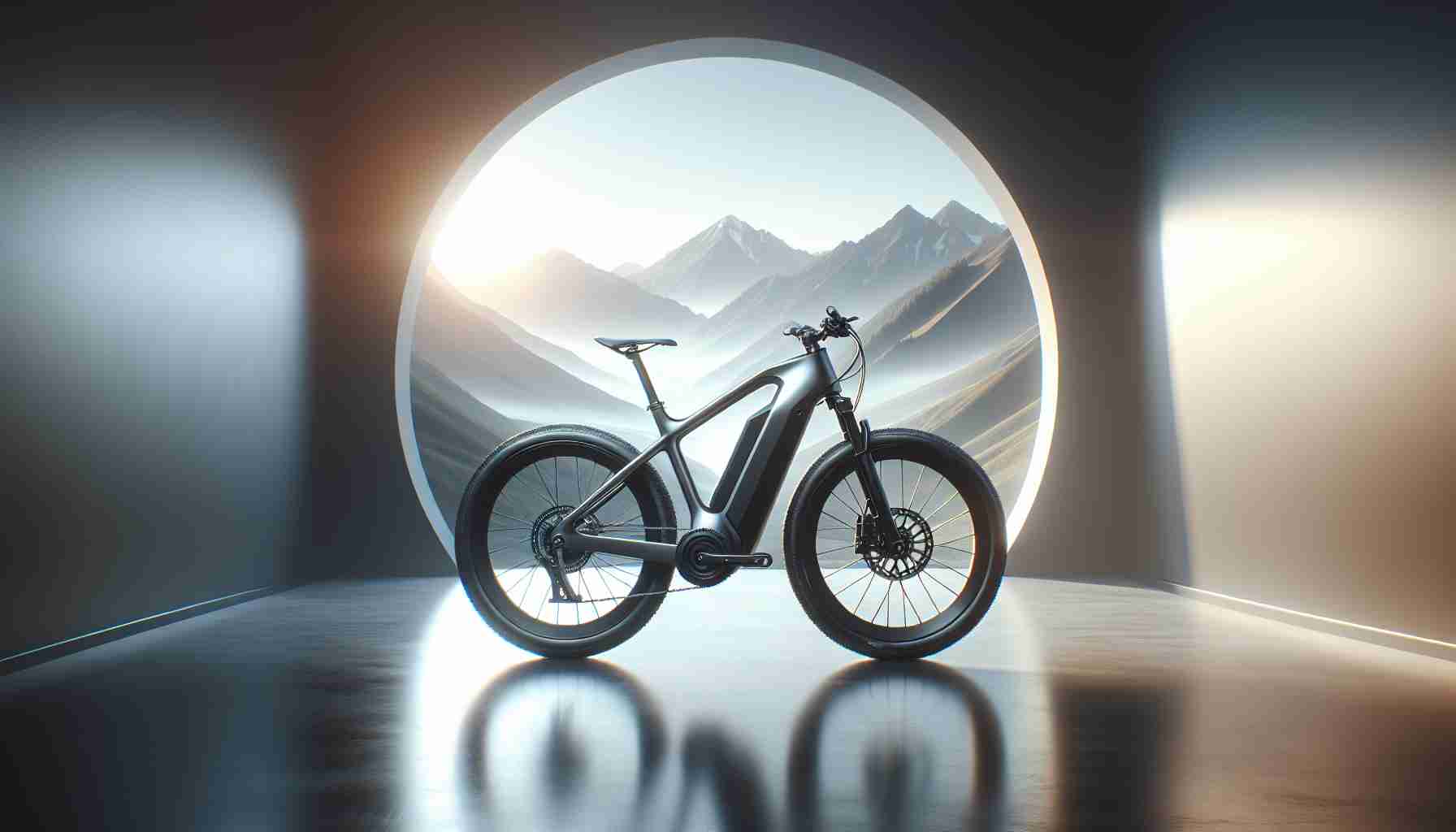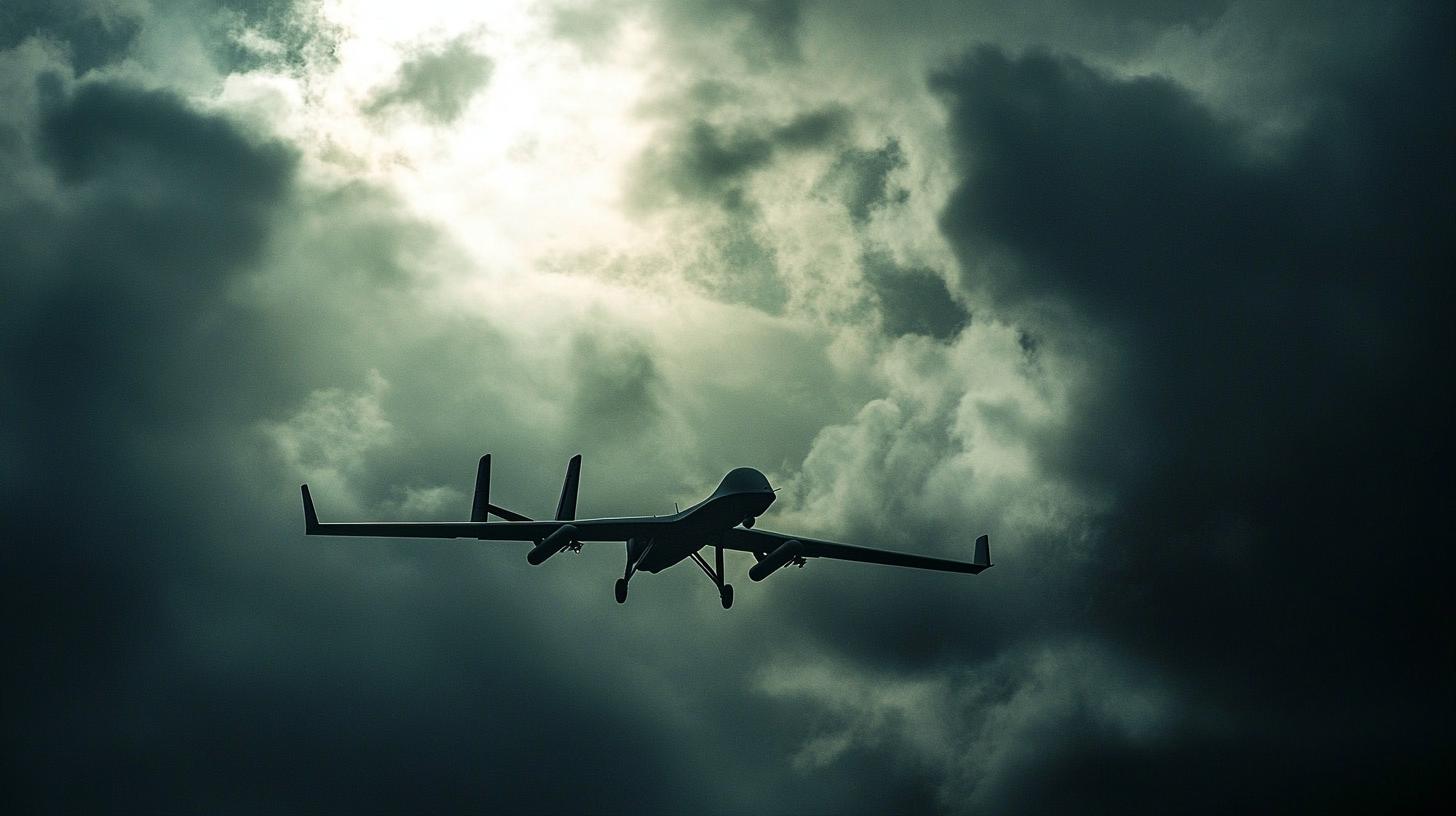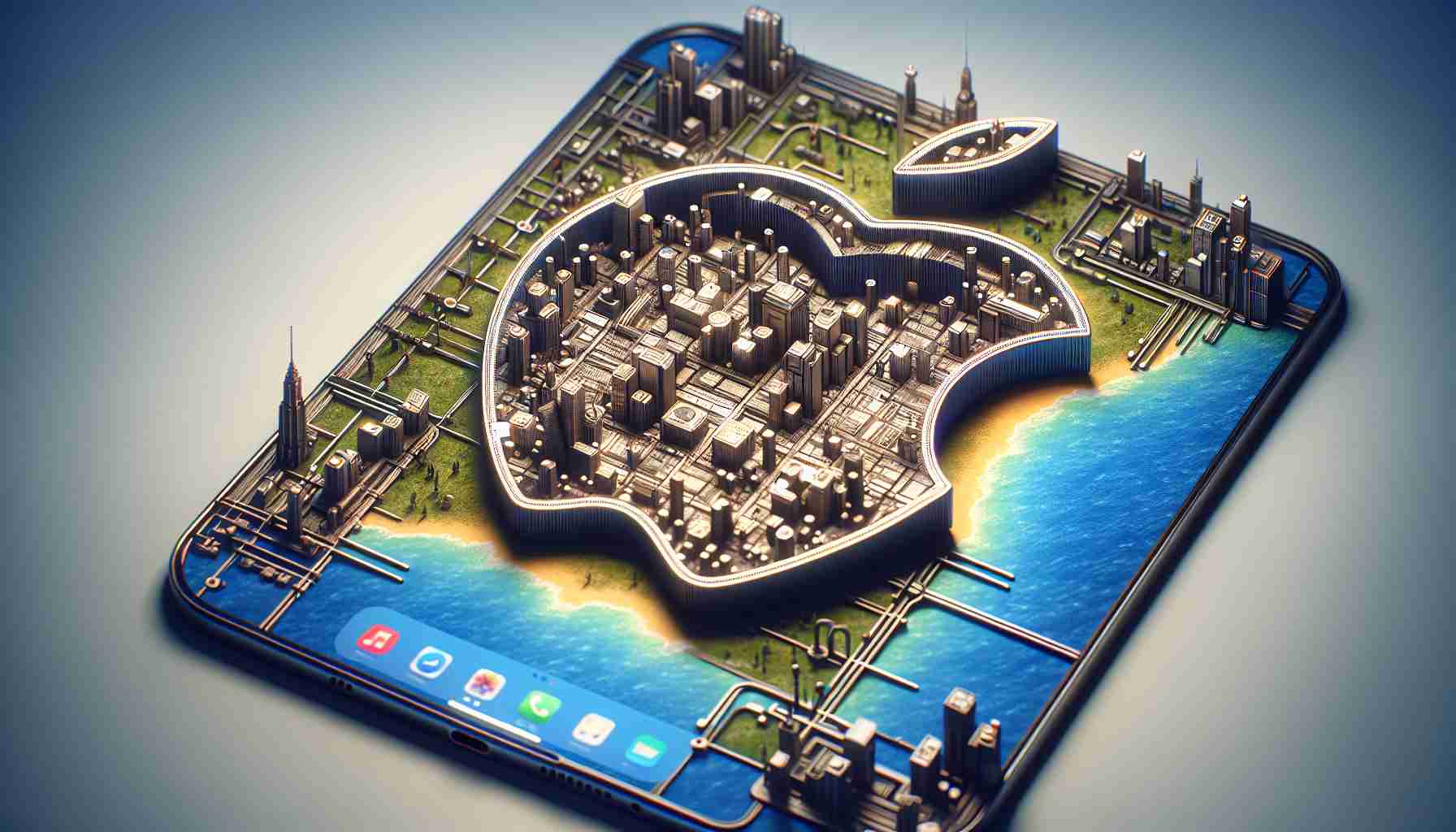When discussing the origins of robotics, one name frequently surfaces as its patriarch: Joseph Engelberger. But why is Engelberger often referred to as the “father of robotics,” and what is his legacy in this cutting-edge field?
Joseph Engelberger, an American physicist, engineer, and entrepreneur, is celebrated for transforming the idea of robotics from science fiction into practical reality. In the early 1950s, Engelberger met George Devol, who had conceived the idea of a programmable robot, later known as the Unimate. Engelberger saw immense potential in Devol’s invention and worked passionately to commercialize it.
In 1956, Engelberger founded Unimation, Inc., the world’s first robotics company, and launched the Unimate robot. This pioneering robot initially gained traction in the automotive industry, notably at General Motors, which used it for tasks like welding, a critical but dangerous job for human workers. The success of Unimate opened the floodgates for various industrial applications, proving Engelberger’s foresight that robots could augment human capabilities and revolutionize traditional industry practices.
Engelberger’s influence wasn’t limited to engineering. He was also a prolific writer and speaker, advocating for the adoption of robotics across different sectors, including healthcare and personal assistance. His vision paved the way for the advanced robotics we see today.
It is this pioneering work and enduring influence that earned Engelberger the title of the “father of robotics.” While robotics continues to evolve at a rapid pace, his foundational contributions remain instrumental to its ongoing journey.
Robotics Revolution: Beyond Joseph Engelberger’s Vision
While Joseph Engelberger is often credited as the “father of robotics,” the legacy of this transformative field extends far beyond his initial contributions. Robotics, since the era of Engelberger, has infiltrated various facets of daily life in ways few could have imagined. But how has the evolution of robotics continued to impact societies, and what controversies have arisen from its widespread application?
Impact on Healthcare: Modern robotics has drastically improved healthcare services. Surgical robots like the Da Vinci Surgical System allow for minimally invasive procedures, reducing recovery times and surgical risks. Hospitals now employ autonomous systems for tasks such as medicine delivery and disinfection. This technological advancement raises questions about the future role of human medical staff and the ethical implications of robot-assisted healthcare.
Robots in Domestic Life: The advent of smart home devices and personal assistant robots has made daily tasks more manageable. However, this surge in smart technology raises concerns about data privacy and the security of data collected by these devices. Are consumers trading privacy for convenience?
Social and Economic Dimensions: As robots become more integrated into the workforce, there’s growing discourse about job displacement. While these machines increase productivity and efficiency, they also challenge traditional employment structures. How can economies balance technological progress with job security for human workers?
For those interested in learning more about the evolving world of robotics, consider exploring resources from IEEE and RIA. These platforms provide insights and updates on technological advances shaping our world.
As robotics continues to advance, society must navigate the complex interplay between technological innovation and its broader impacts on communities worldwide. Will robotics be a boon or a bane for the future?






















